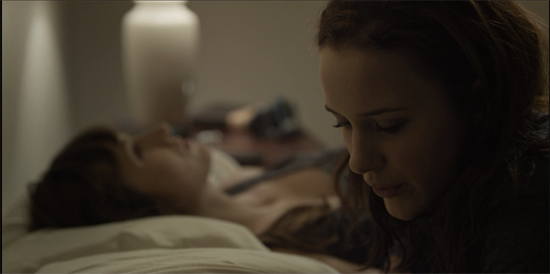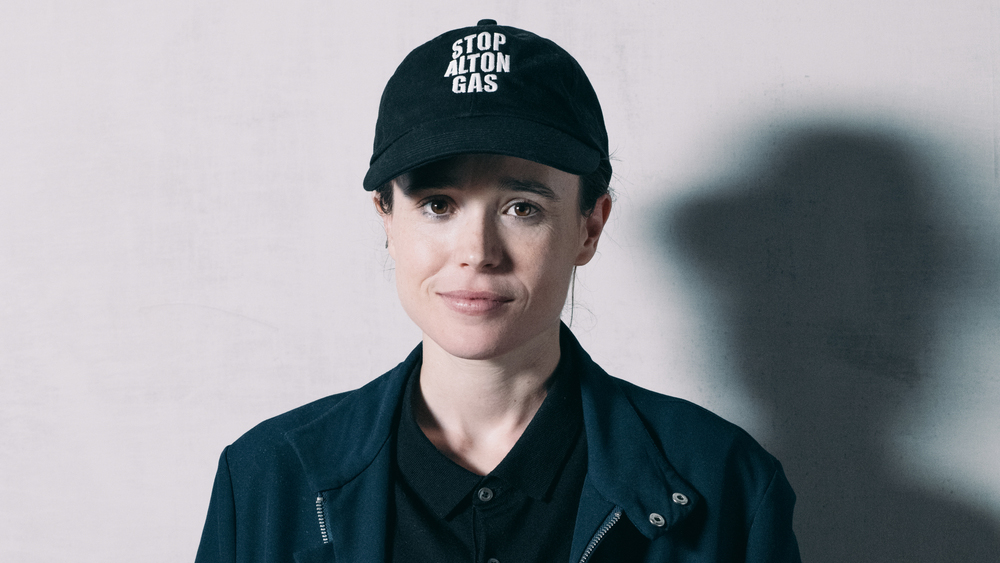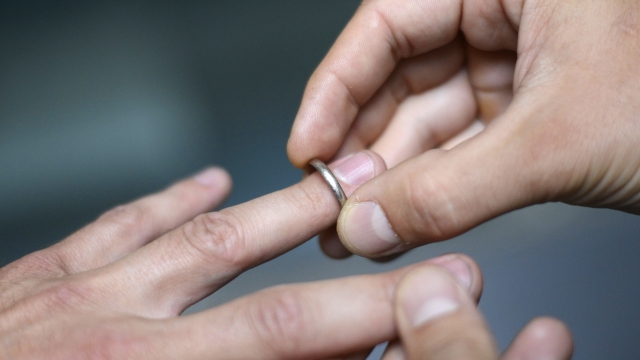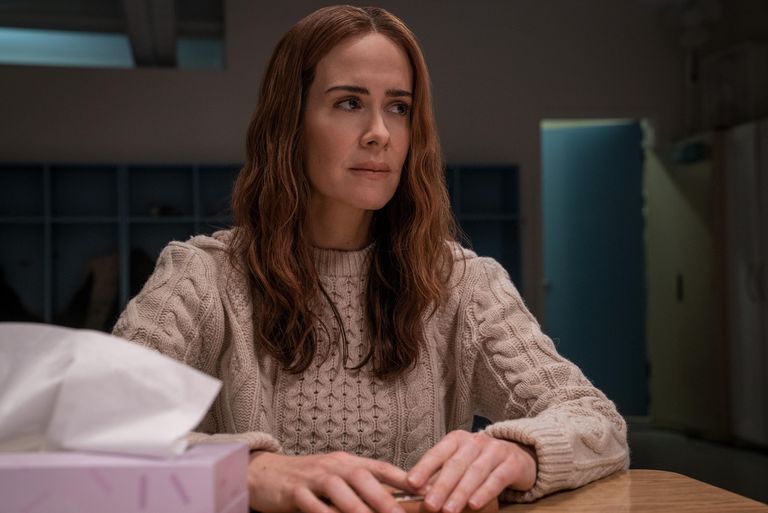Wondering if your relationship might be taking a turn toward a dark and scary path? We want to take a minute to teach you how to detect gaslighting in your own relationships.
If you’re not familiar with the term, let me take a minute to fill you in. Gaslighting is where one person manipulates another person into losing their sense of mental clarity and stablility, whether intentionally or unintentionally. The word itself comes from an old movie, where a man slowly drove his wife to the brink of insanity, in an attempt to eventually murder her.
The reality is that most cases of gaslighting aren’t anywhere near that bad, but that doesn’t mean that they’re any less painful. In fact, when done effectively, gaslighting can have long-term effects that last long after the relationship has even ended – how many of these signs can you see in your relationships?
Stage 1: You notice that something seems strange about your partner’s behavior.
Maybe at first, you can’t really put into words what it is, but you just know that there’s something off about the way she’s acting. Sometimes, this stage happens very early on in the relationship – as early as the first few dates! Once the gaslighting process has started, it’s not likely to resolve itself. This stage is the time that many people reflect on, and may even feel that they “should have known”.
It’s important to understand that people are different, though, and just because someone’s initial behavior isn’t what you’re accustomed to doesn’t automatically mean that you’re being gaslighted. This explains why most people choose to overlook this early warning sign. It is completely possible that the first time your partner rubbed you the wrong way, it was an innocent mistake and it’s not an intentional attack on your sanity. But if it happens over and over again, it’s important that you understand the signs.
For those who want to address any potential gaslighting cases early on, simply bring the behavior up to your partner, and assess her response. If it seems that she wants to reach a compromise, or she can at least express why she acted unexpectedly, it’s probably worth giving her a chance – but keep in mind that some abusers may plead for a compromise, simply to get their way again. Be aware that the pattern may be popping up, and be ready to address it again, in greater detail.
Stage 2: You feel the need to defend yourself to your abuser.
After you notice a pattern of manipulation, the next logical step is to try and defend yourself against your perceived attacker. Of course, you care about this person, so you want to keep things civil. You may initially deny the impact that the manipulation is having on you. After all – it might be all in your head… Right? But, society has conditioned us to think that our mental state isn’t important, so we push it aside.
You may find yourself telling your gaslighter that you’re not crazy, you’re not stressed, and you’re not just being emotional. It’s very important for you to maintain that these things don’t have control over you, but unfortunately, the more we deny them, the more power they have. You might even find yourself working even harder to prove that the other person’s accusations about you are wrong – which, in an intentionally manipulative situation, is exactly what the other person wants. Whether it’s intentional or not, it still starts to pick away at you until it takes over your mind.
Not only are you driving yourself crazy at this point, but you’re also helping to shape the relationship you have with this person. If you repeatedly over-achieve in response to their demands, they’ll begin demanding even more – which you will be expected to over-achieve, yet again. Instead, you should focus on clarifying what is a reasonable expectation for you, and only commit to the things you can do without undue stress. Otherwise, the next stage is going to hit you hard.
Stage 3: You become depressed.
By stage three, your abuser’s words have become ingrained into your everyday thought process, and they really don’t have to do much anymore – you’re already doing all of the work. You barely recognize the person you’ve become, against your will, and you feel isolated from your friends and family. Even if the person gaslighting you isn’t the one keeping you from your friends and family, you start to feel that you’re failing, and you wouldn’t want to disappoint them, too.
If you’re not in this stage, it’s easy to look on it and say that there’s a problem, but sadly, since gaslighting happens slowly and over time, you might not be able to catch the problem before it spirals out of control. An unfortunate side effect of this relationship dynamic is that, the more depressed you become, the more you cling to your partner because they’re “all you have left”. If the gaslighting is happening in another area of your life, you may still withdraw from those closest to you.
If you find yourself becoming depressed, whether it has something to do with your partner or not, I’m begging you… Please get help. There’s no shame in reaching out when the world gets too tough to handle. Even if your relationship is perfectly happy and healthy, aside from your depression, she isn’t going to have the necessary tools to help you. Don’t treat depression lightly – it could cost you your life.
The Bad News
Gaslighting isn’t even just a romantic thing – it’s entirely possible that you can be gaslighted by friends, family, coworkers, and even your dog. (OK, maybe not the dog – unless your dog is significantly smarter than mine.) Of course, we’d hope that none of these people would do anything to intentionally hurt us, but that’s not always true. What’s more is that gaslighting doesn’t even have to be intentional – it may start with a simple mistake and progress over time, particularly when one person is more assertive and the other is more empathetic. These are both excellent traits to have – but the combination of the two with certain other traits may cause some problems.
What warning signs should you look out for?
While gaslighting can take many forms, and often goes around relatively undetectable (by design), there are a few signs that you should keep an eye out for. It’s normal for some of these things to happen some of the time, but if you see a strong pattern forming, try talking it out with your partner. If talking doesn’t work, remove yourself from that person’s company – before it’s too late.
- Do you regularly second-guess yourself in conversations with this person?
- Do you regularly ask yourself if you’re being too sensitive, especially after conversations with this person?
- Do you often feel flustered, confused, or even “crazy” when they are around?
- Do you apologize obsessively when you’ve done nothing reasonably wrong?
- Do you feel unhappy with this particular area of your life, even if it’s “everything you wanted”?
- Do you make excuses for this person when speaking to others (especially when they’re not around)?
- Do you keep certain parts of your interaction with this person private, out of fear that you’ll have to defend them?
- Do you sense that something is wrong, but have a hard time vocalizing what it is?
- Do you feel the need to lie to or hide things from your partner, to avoid their negative reactions?
- Do you feel anxiety over the small decisions that involve you and this person, or doubt your ability to make the “right” choice?
- Do you feel that you used to be/need to be a completely different person than you are now?
- Do you feel like the area of your life that this person resides in has sucked all of your joy and happiness away?
- Do you find yourself regularly asking if you’re “good enough” – a good enough girlfriend/wife, a good enough employee, a good enough friend…?
- Do you feel that you can’t do anything right, and that your efforts are wasted?
How many counts as “too many”? You’ll need to use your own judgment here, but remember to be honest with yourself when you’re counting everything up. No matter what you may have been led to believe, the only person who has to be in your life forever is yourself – so be good to yourself, and make yourself a priority. It’s okay to stand up for yourself. It’s good to stand your ground when you’re being treated unfairly. And there is hope.
The Good News
The good news is that, once you’ve noticed and identified the pattern, there is power to change it. If it’s done early enough, it may even save the relationship. Of course, changing a problem this big will require that both people be 100% committed to making the changes necessary – otherwise, the old habits are likely to crop back up again.
We’ve done our best to outline the best practices when you do notice a pattern forming, and these patterns should work well no matter what your relationship with the gaslighter. Not every relationship can be fixed, though, so it’s important that you discuss these steps with the other person before moving forward. You can’t do it all on your own, and you shouldn’t have to try.









